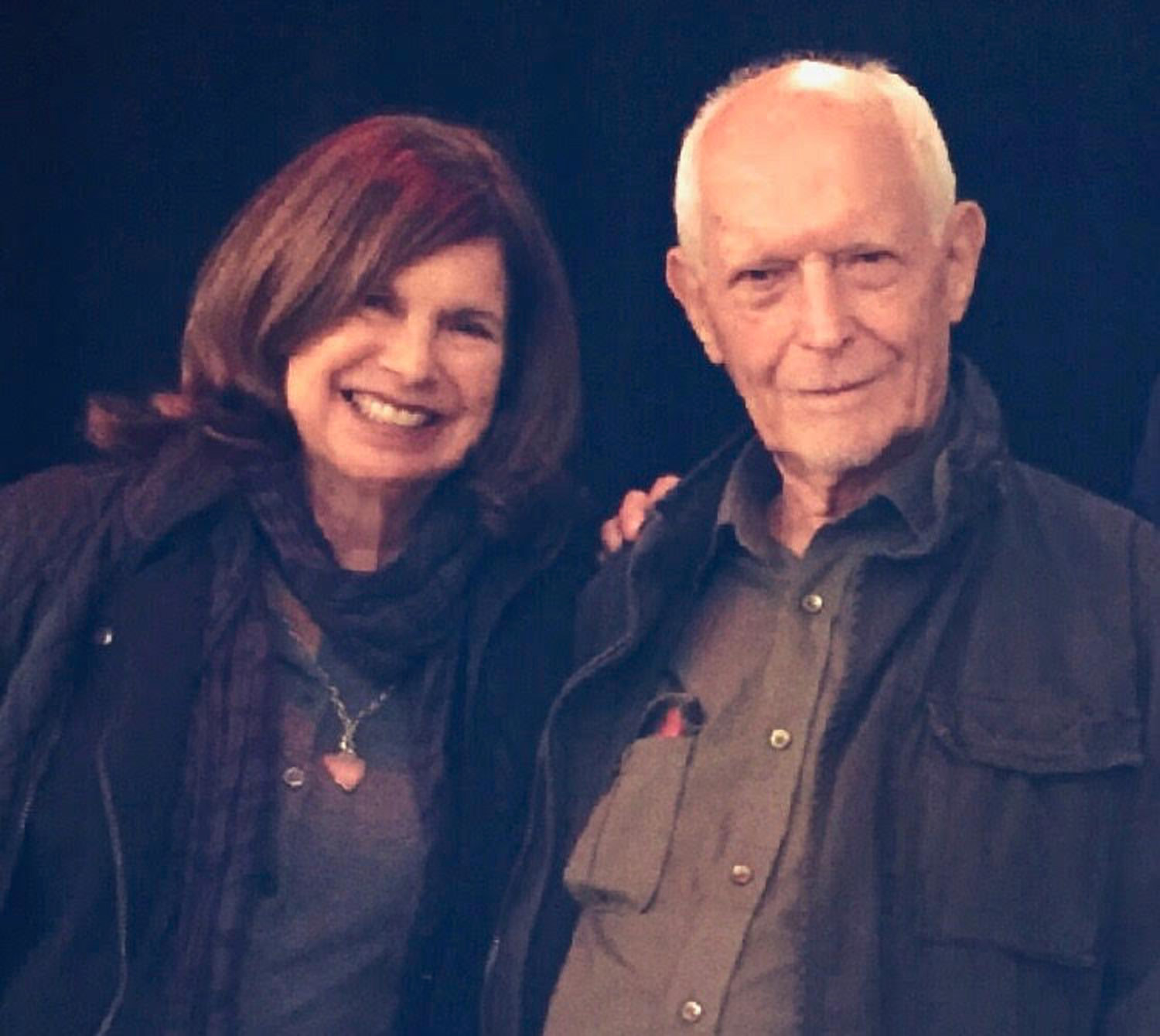WWII vet and Lynbrook native turns near-death experience into short film
Lynbrook native Edward Field can still remember Feb. 3, 1945. He was flying in a B-17 bomber toward Nazi Germany when bullets streaked across the sky and struck one of its four engines, draining the aircraft’s fuel tanks.
A navigator for the U.S. Army and a second lieutenant, Field said he was crippled with fear as the plane rapidly descended, landing in the frigid North Sea between England and Holland. He later chronicled this near-death experience in a poem, which he and his niece, Diane Fredel-Weis, recently crafted into an award-winning short film.
After the crash, Field and his crewmembers climbed out of the massive plane, also known as the “Flying Fortress.” As they crawled onto the only emergency raft, Field quickly realized there was no space for him, and he might freeze to death in the sea.
“Before the flight, I read that humans could only survive for 24 minutes in waters at that freezing temperature in February, so I was terrified of dying of hypothermia,” said Field, 96, a Lynbrook native who now lives in New York City in the West Village. “I was screaming for my life at the top of my lungs, and that’s when a member of my crew jumped in the water, a man named Sgt. Jack Cook, and let me have his place on the raft. I survived and he died.”
After three hours of anxiously waiting on the raft, adrift at sea, three of his crewmembers died of gunshot wounds, Field said, and he watched as the pilot froze to death. Finally, when Field said it felt as though all hope was lost, he and his remaining crewmembers shot flare guns into the air, and a British Air rescue cruiser discovered them, saving their lives.
“Not only were we afraid of freezing to death, but we were terrified that the Germans would capture us, and I am Jewish, which was evident from my dog tag around my neck,” Field said. “We were lucky that the British found us because I could have ended up in a worse situation in a concentration camp.”
About two weeks after surviving the plane crash, Field returned to navigating planes, completing 24 more missions in all.
Later, after moving to France, Field became a poet and author, who published about a dozen poetry books, novels, a collection of memoirs and a travel book. He helped bring his near-death experience to life in a short film adaptation called “Minor Accident of War,” which was created by Fredel-Weis. The film, which she also produced, is based on a poem that Field wrote about his third mission, called ”World War Two.” Field, who narrates the film, said he enjoyed working with his niece on the project.
Fredel-Weis said the poem made her emotional. “Every time I would read my uncle’s poem, it would make me cry, and it has been a dream come true to work on this collaborative project with my uncle,” she said. “My uncle is definitely my role model because he’s been through so much, and he’s still such a positive spirit.”
Field graduated from Lynbrook High School in 1941 and lived in Lynbrook from age 5 until he was a young adult. He did not always imagine himself serving as a navigator. In 1942, he began college in Washington Square at New York University in the school of commerce, studying marketing. However, at the end of the year, Field enlisted in the Army because he said he felt it was where he belonged, as college was not for him.
When Field entered the Army, his first job was as a clerk typist, at Tinker Field outside of Oklahoma City. He then trained as an aviator cadet in 1943 and graduated in December 1944.
“Most people were drafted,” he said, “but I enlisted.”
“Minor Accident of War” has screened at film festivals around the world, including in Australia, England and Poland. The film won Best Short Film in Chicago, Best Animated Film in New York and Best Short Documentary in Los Angeles. Earlier this year, the National World War II Museum hosted a special screening of the film, which has also been submitted for review for an Academy Award.
Field has generated a strong following through his LGBT literature, and his awards and honors include the Lamont Poetry Prize and Lambda Literary Award. He also won a Guggenheim fellowship in 1964 for his first book called, “Stand up, Friend, With Me,” which was published in 1963.
In 1964, Francis Thomas produced and Field wrote the voiceover text for the short documentary “To Be Alive!”— which won Thomas an Academy Award in 1965, and Field received recognition for the project. Field’s work was also featured in a book called “Poets of World War Two,’’ an anthology published by the Library of America.
Two years ago, Field was inducted into the New York Senate Veterans Hall of Fame.
For more information on the film “Minor Accident of War,” visit ww2shortfilm.com.

 50.0°,
Overcast
50.0°,
Overcast 




